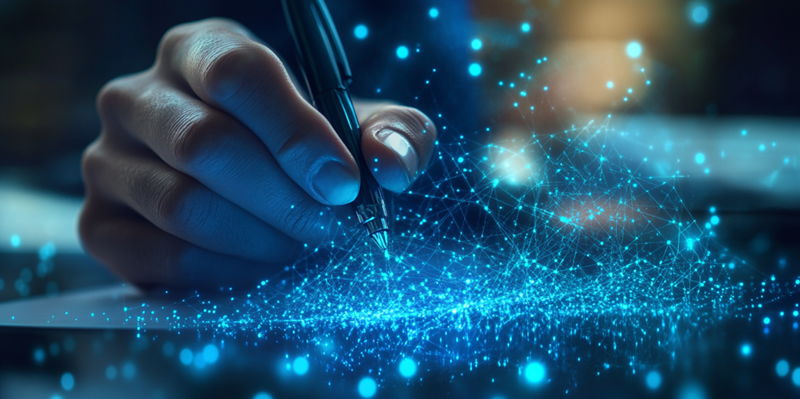In an era where digital fraud is rampant, digital signatures play a pivotal role within blockchain technology, ensuring the security, authenticity, and integrity of online transactions. These digital signatures are crucial for guaranteeing that all activities conducted on a blockchain are legitimate and verifiable. The inherent transparency and security blockchain technology offers for data storage and verification depend significantly on the effectiveness of digital signatures. These sophisticated cryptographic tools verify the authenticity of digital documents and transactions, making the technology indispensable in combating fraud and tampering.
Digital signatures enhance the security of blockchain transactions by guaranteeing that once a transaction is signed and added to the blockchain, it cannot be altered. This aspect of immutability ensures the safety of assets and information from unauthorized access and fraud. When a user signs a transaction with a digital signature, it creates a unique and verifiable link between the signer and the data. This link not only authenticates the transaction but also safeguards the entire blockchain network from malicious interference. The combination of cryptographic algorithms and public-key infrastructure ensures that only the legitimate owner can initiate or authorize a transaction, significantly reducing the likelihood of fraudulent activities.
Legal Assurance and Cost Efficiency
Digital signatures are essential within blockchain technology, ensuring the security, authenticity, and integrity of online transactions. These signatures are vital for verifying that all activities conducted on a blockchain are legitimate. The transparency and security that blockchain technology provides for data storage and verification heavily depend on the strength of digital signatures. These advanced cryptographic tools authenticate digital documents and transactions, making the technology essential in fighting fraud and tampering.
Digital signatures enhance blockchain transaction security by ensuring that once a transaction is signed and added, it cannot be changed. This immutability protects assets and information from unauthorized access and fraud. When a user signs a transaction, it forms a unique, verifiable link between the signer and the data, authenticating the transaction and protecting the entire blockchain from malicious interference. The combination of cryptographic algorithms and public-key infrastructure ensures only the legitimate owner can initiate or authorize a transaction, significantly reducing the likelihood of fraud.

